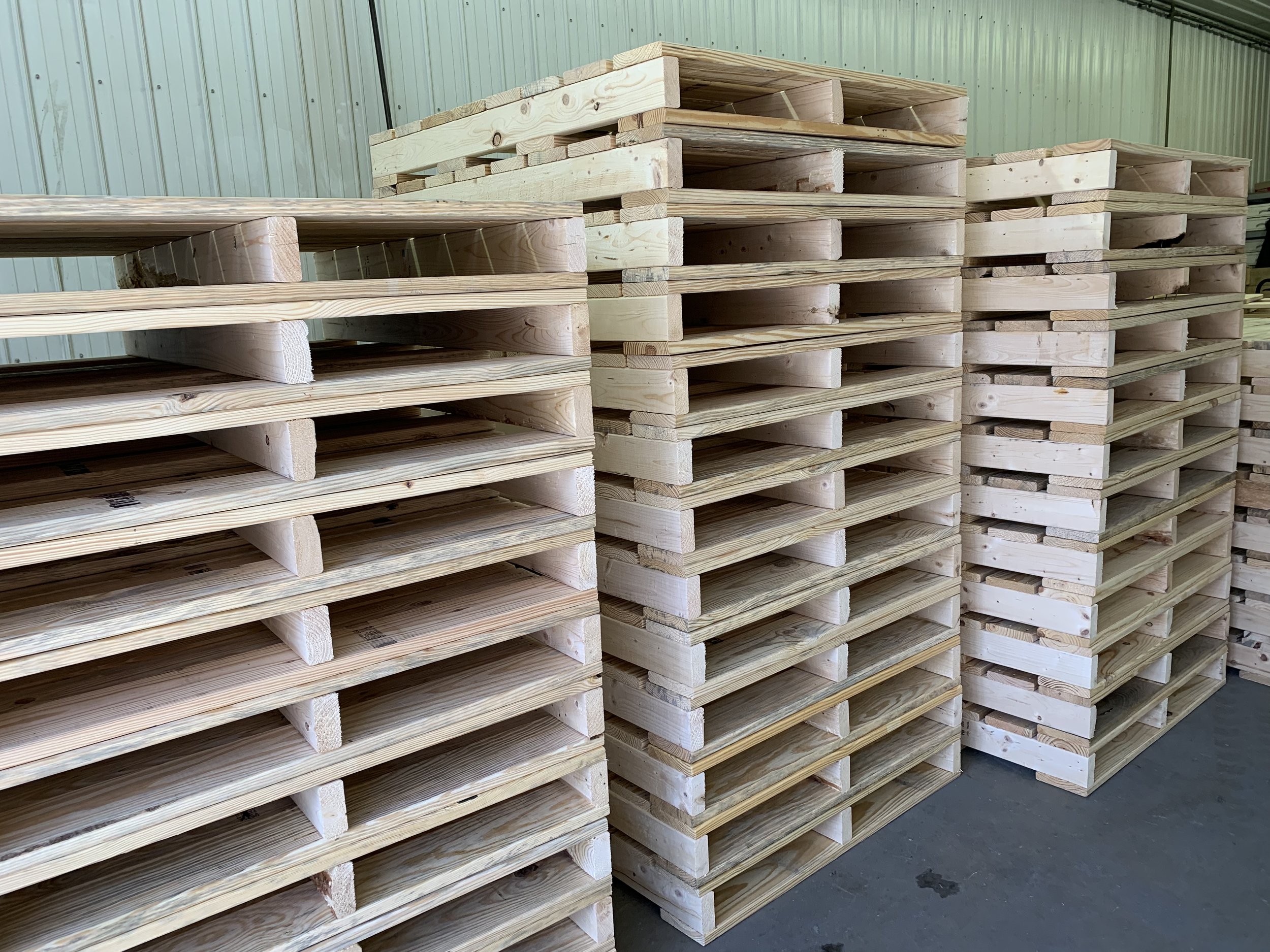Green practices in Storage Solutions: Choosing Wood Containers

In the current swift world, the concept of sustainability has emerged as a crucial aspect for businesses aiming to minimize their negative environmental effects. Warehouse operations, a vital element of supply chains, is no exception. As pallets in tulsa work to implement more sustainable methods, the choice of transportation and packaging materials plays a significant role in attaining sustainability goals. Among the multiple choices out there, wooden pallets emerge as a preferred selection for warehouses aiming to combine effectiveness with sustainability.
Pallets made of wood are not only robust and trustworthy for the storage and transport of goods but also offer a sustainable alternative to plastic or metal options. Sourced from renewable raw materials, wooden pallets can be upcycled and repurposed, cutting down on waste and lessening the carbon footprint of warehouse operations. As businesses gradually focus on sustainable practices, adopting wooden and bespoke pallets becomes a smart decision toward improving sustainability while preserving operational capability.
Benefits of Wood Platforms
Wood platforms offer several advantages that make them a common choice for warehouses emphasizing sustainability. One of the primary benefits is their renewability. Wood is a eco-friendly resource that can be harvested and replenished, making wooden pallets a more green option relative to synthetic or aluminum alternatives. By selecting wooden pallets, warehouses contribute to sustainable forestry practices, advancing responsible management of timberlands and minimizing the carbon footprint related to pallet production.
Another significant benefit of timber pallets is their strength and durability. They can hold large loads and are not as likely to warp under pressure, reducing the risk of product damage during shipping and storage. This strength leads to minimized replacement costs, as timber pallets often have a lengthy lifespan when well maintained. Additionally, their ability to withstand diverse weather conditions makes them versatile for different industries, including agriculture and beverage, where sanitation and resilience are paramount.
Lastly, wood pallets can provide tailored options that suit distinct warehousing needs. Custom designs can fit unique product shapes and sizes, boosting space utilization and overall performance. Furthermore, the ability to easily fix wood pallets extends their usable life further still. This versatility not only enhances operational effectiveness but also aligns with sustainability goals, as customized wooden pallets can be reused, lowering waste and supporting a circular economy within the logistics sector.
Acquisition and Eco-Friendliness
In the realm of sourcing wooden pallets, sustainability ought to be a primary consideration for storage facilities. Opting for suppliers who engage in responsible forestry is vital. Not only does this ensure that the wood used for pallets comes from renewable resources but also supports ecosystems by maintaining biodiversity. Choosing suppliers certified by organizations such as the Forest Stewardship Council gives peace of mind that the wood is sourced sustainably.
An additional significant aspect of sustainability is the lifecycle of wooden pallets. Such pallets are commonly made from recyclable materials, and after their service life, they may be reused or recycled, reducing waste. Warehouses can adopt a circular economy approach, where used pallets are repaired and reused or reprocessed into new products, thereby minimizing their environmental impact. Not only does this conserve resources but also lowers operational costs associated with purchasing new pallets.
Moreover, using wooden pallets can enhance a warehouse's overall sustainability metrics. They inherently have a lower carbon footprint compared to plastic alternatives due to their biodegradable properties. Additionally, when sourced locally, the transportation emissions can be significantly reduced, making wooden pallets an appealing option for storage facilities looking to improve their sustainability footprint and meet corporate environmental goals.
Options to Timber Pallets
Even though wooden pallets are popular for their resilience and eco-friendliness, there are various alternatives that storage facilities might evaluate. Synthetic pallets constitute a notable option, providing protection to moisture and corrosive substances. They prove to be light and can be easily cleaned, making them ideal for industries that necessitate high hygiene standards. However, plastic pallets may have a greater initial cost and might fail to be as eco-friendly as wood, except when they are made from recycled materials.
Aluminum pallets represent another alternative, frequently used for bulky loads and demanding environments. They deliver superior strength and longevity, rendering them suitable for industries such as automotive and manufacturing. Regardless of their durability, metal pallets can be costlier than wooden options and might not be as efficient in terms of weight, potentially impacting shipping costs and handling.

Finally, cardboard pallets represent an increasingly popular choice for lightweight products and one-time use scenarios. They prove to be recyclable and can be an eco-friendly solution for companies aiming to minimize their environmental impact. However, their inability to support substantial loads and vulnerability to moisture constrain their suitability for many traditional warehousing operations. All alternative presents its unique benefits and drawbacks that organizations must consider alongside their specific needs and environmental goals.
